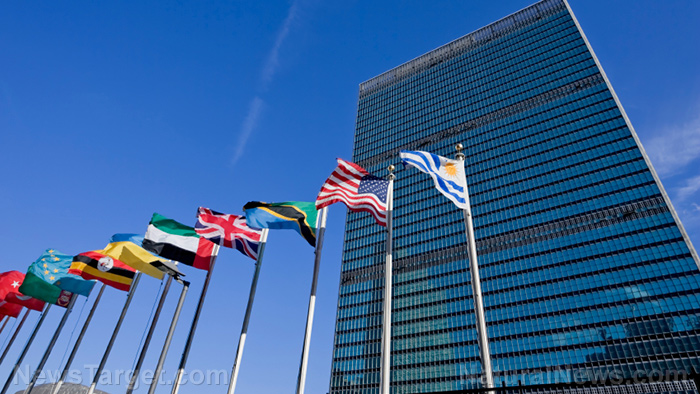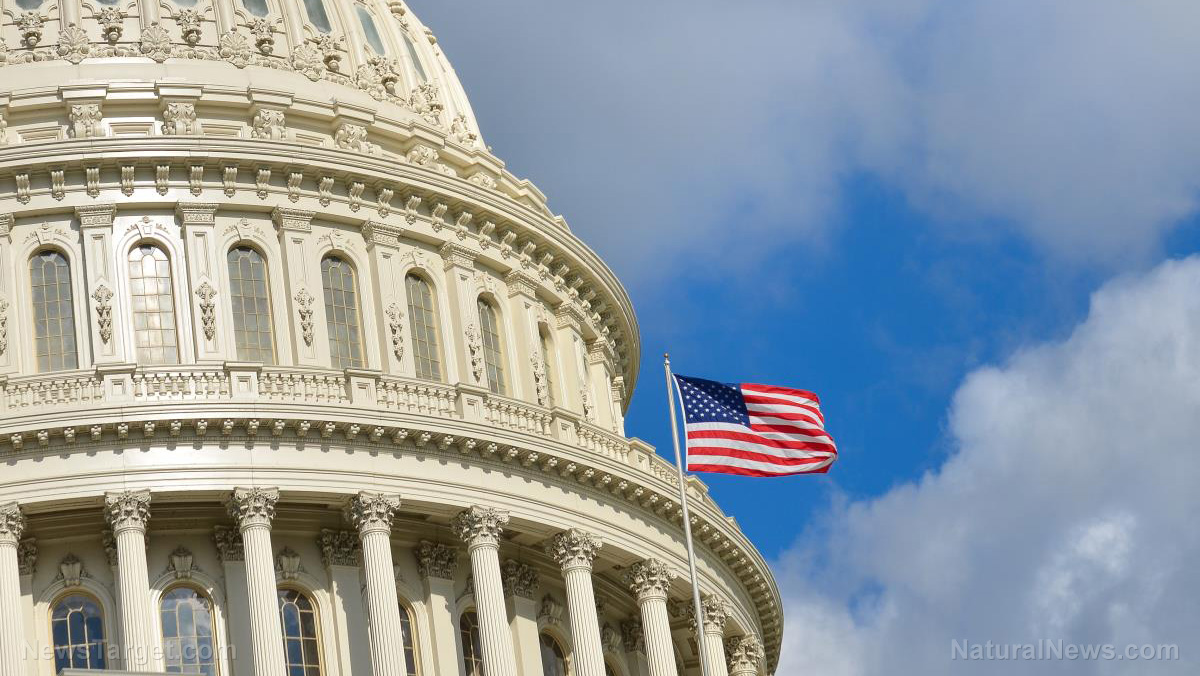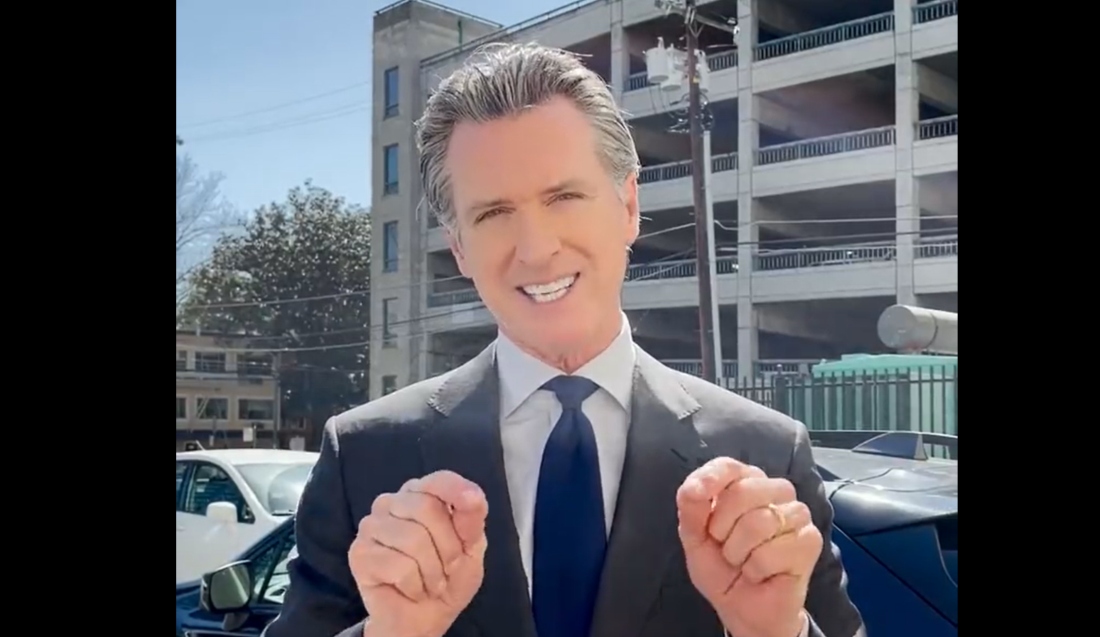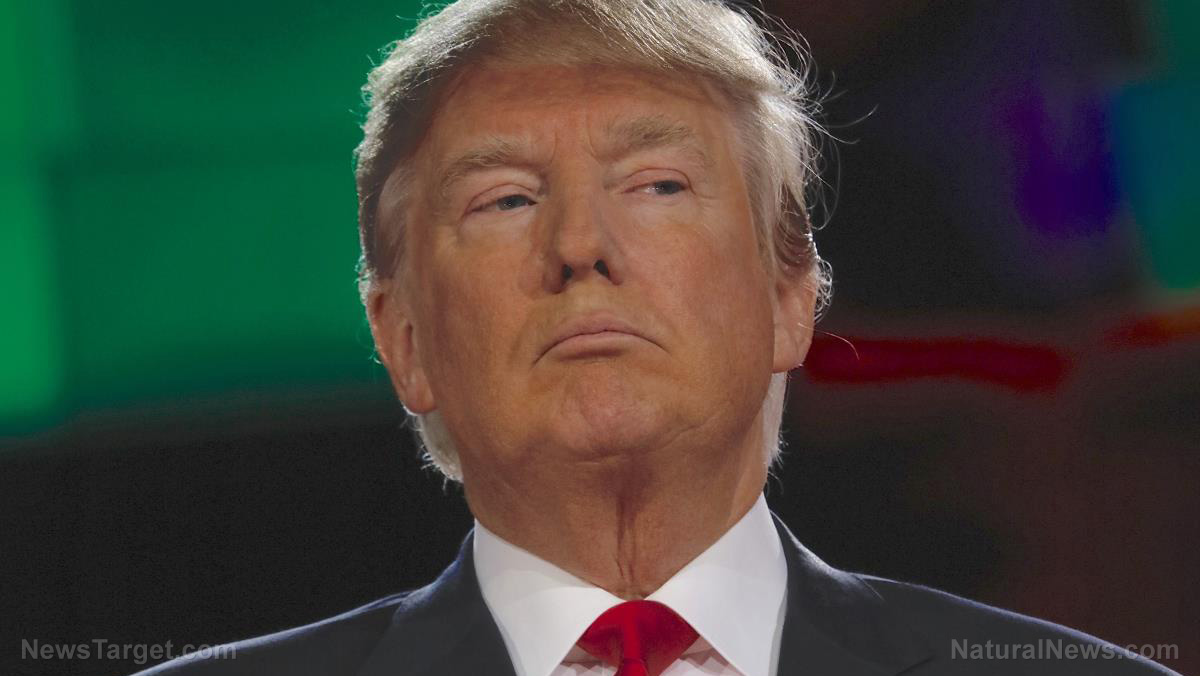Liberty watch: UN seeks to introduce global ID that would be tied to an individual’s bank account
06/21/2023 / By JD Heyes

Once again, the ‘grand masters of the universe’ at the United Nations are plotting to exert control over the most modern of Earth’s societies — though no one anywhere elected them to such positions.
As reported by Slay News, the UN “is planning to introduce a global digital ID system that is linked to individuals’ bank accounts” under a plan that “is similar to the system developed by the World Economic Forum (WEF).”
The entire play is described in a trio of policy briefs titled, “A Global Digital Compact, Reforms to the International Financial Architecture, and The Future of Outer Space Governance.” The objective is to advance UN Secretary-General Antonio Guterres’s “vision for the future” — which is, of course, total control of every human on the planet (and on other planets, eventually).
Called “Our Common Agenda” (says who?), the plan is on pace to be approved in September 2024 at an event called “The Summit for the Future.”
The plan calls for:
Digital IDs linked with bank or mobile money accounts can improve the delivery of social protection coverage and serve to better reach eligible beneficiaries.
Digital technologies may help to reduce leakage, errors and costs in the design of social protection programmes.
Just like their unofficial ‘partners’ over at the World Economic Forum, the UN also discusses how it wants to regulate the global digital future basically. The unelected organization goes on to use phrases such as “international cooperation” and “many stakeholders” who will “advance principles, objectives, and actions” to describe this globalist agenda.
The challenges that we face can be addressed only through stronger international cooperation. The Summit of the Future in 2024 is an opportunity to agree on multilateral solutions for a better tomorrow, strengthening global governance for both present and future generations,” Guterres says in the plan’s introduction.
“In my capacity as Secretary-General, I have been invited to provide inputs to the preparations for the Summit in the form of action-oriented recommendations, building on the proposals contained in my report entitled ‘Our Common Agenda,’ which was itself a response to the declaration on the commemoration of the seventy-fifth anniversary of the United Nations. The present policy brief is one such input. It elaborates on the ideas first proposed in Our Common Agenda, taking into account subsequent guidance from Member States and over one year of intergovernmental and multi-stakeholder consultations, and rooted in the purposes and the principles of the Charter of the United Nations, the Universal Declaration of Human Rights and other international instruments,” he adds.
“The present brief proposes the development of a Global Digital Compact that would set out principles, objectives and actions for advancing an open, free, secure and human-centered digital future, one that is anchored in universal human rights and that enables the attainment of the Sustainable Development Goals. It outlines areas in which the need for multi-stakeholder digital cooperation is urgent and sets out how a Global Digital Compact can help to realize the commitment in the declaration on the commemoration of the seventy-fifth anniversary of the United Nations,” he noted further.
Again, this man was not elected by the people. He is an advocate of freedom. Nothing the UN does (or the WEF, for that matter) relies on voluntary cooperation among peoples and countries. It is all forced — it has to be in order for the organization to ‘realize’ it’s ‘vision.’
Later, Guterres gives away his true objective: More “state” control.
“Behind these divides is a massive governance gap. New technologies are lacking even basic guardrails. It is harder to bring a soft toy than an AI chatbot to market today. Because such digital technologies are privately developed, Governments are constantly lagging behind in regulating them in the public interest. As a result of decades of underinvestment in State capacities, public institutions in most countries are ill-equipped to assess and respond to digital challenges,” he stated.

Governments have their roles, of course, but to grow bigger than the private sector is not one of them. This plan is frightening and should be roundly rejected by all free people.
Sources include:
Submit a correction >>
Tagged Under:
anti-freedom, authoritarianism, fascism, Glitch, globalist bureaucrats, globalists, human rights, privacy watch, Tyranny, UN, unelected bureaucrats, United Nations, wef, world economic forum
This article may contain statements that reflect the opinion of the author
RECENT NEWS & ARTICLES
COPYRIGHT © 2017 LIBERTY NEWS




















